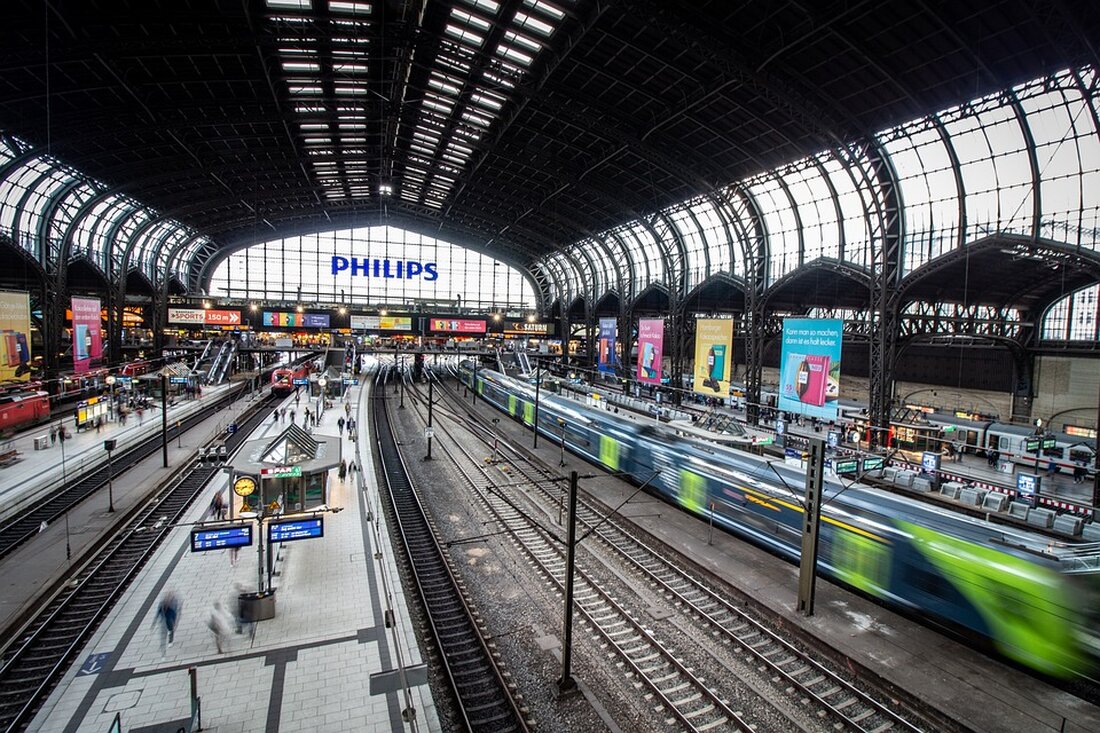Publicity: Each euro investment brings three euros for the economy!
Publicity: Each euro investment brings three euros for the economy!
A current study emphasizes the considerable economic benefits of local public transport (public transport) in Germany. According to this investigation, which was created on behalf of the DB initiative future local transport by the future cluster of MCUTER MCUTE of the Technical University of Munich, every euro invested in public transport brings a benefit of three euros for the entire economy. These findings are particularly relevant because the operation of public transport costs around 25 billion euros per year and at the same time generates a added value of around 75 billion euros.
The study shows that direct and indirect added value through the public transport industry and related economic sectors is around 21 billion euros annually. The influence of public transport on the retail is particularly impressive, which achieves around five billion euros in added value by public transport passengers annually. In addition, the tourism sector benefits from good public transport achievability, which amounts to an estimated twelve billion euros annually.
important economic aspects
An essential aspect of the study is access to jobs that public transport enables employees. This accessibility leads to a added value of around 22 billion euros. The real estate sector is also affected because real estate near public transport nodes achieve higher transaction prices. The estimated influence of local transport on this sector is around six billion euros. The results show that a relocation of today's transport performance of public transport to motorized private transport would cause an additional nine billion euros in economic costs.
DB Regio boss Jan Schilling confirmed the need to expand the public transport offer, especially in rural areas. He emphasized that the high economic advantages of support and investment in public transport must not be ignored. The study shows that public transport not only relieves commuters, but also contributes to strengthening retail and tourism sector.
financing challenges
Despite the positive results, local public transport in Germany faces significant financial challenges. It is considered chronically underfunded, with about half of the company covered by the federal government's passenger income and regionalization funds. More than a third of the Germans are dissatisfied with the connection of public transport, especially in rural areas. This dissatisfaction could have a long -term negative effects on value creation and the positive development of economic effects. Some federal states are already considering a reduction in public transport offers due to a lack of funds.
It is clear that public transport plays a key role in the German economic system. However, it remains to be seen whether the political decision -makers take the necessary steps to finance and expand public transport in the long term in order to ensure the economic advantages.
The complete analysis of the study can be found on ZDF
| Details | |
|---|---|
| Ort | Deutschland |
| Quellen | |


Kommentare (0)